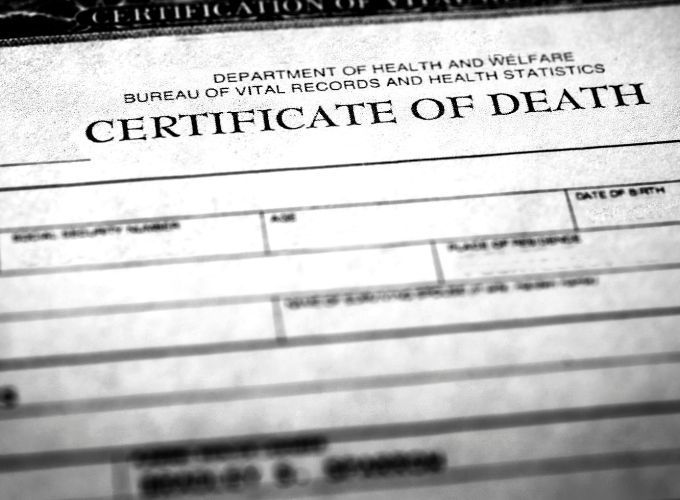Articles of Interest
Articles of Interest
This blog was created in hopes of providing our community with the resources needed to cope with grief and as a place for you to learn more about the way we serve each family that places their trust in us.
Click on the posts below to read the full entries.

Bring their memory to the table Serve up a tasty reminder by preparing some of your loved one’s favorite recipes. Give a Thanksgiving toast or prayer that acknowledges the role that they played in your family’s lives. Consider creating a centerpiece made up of mementos from their life for the table. Or go around the table and ask each person to share something they are grateful for about the person who has died. Do something together to honor their memory There are many Thanksgiving Day events that your family can participate in to honor your loved one’s memory. Sign up for a turkey trot or charity walk. Watch one of their favorite movies together. Attend a remembrance service. Donate food or money in their name. Help to serve a Thanksgiving meal to families in need. Continue to share your memories Every family has their favorite stories and memories that they tell that highlight the unique personalities of each member. Be sure to continue sharing your memories and reminisce about those that you have lost. Whether it’s at the dinner table or during the football game, simply talking about your loved one is often what we need most after a loss. Accept that this Thanksgiving will be different. Try to find the balance between moments of grief and moments of joy. Listen to your intuition and only do what you can manage. Taking care of yourself is the most important thing. Grief is hard and tiring. Get plenty of sleep and give yourself permission to let in some joy this Thanksgiving.










